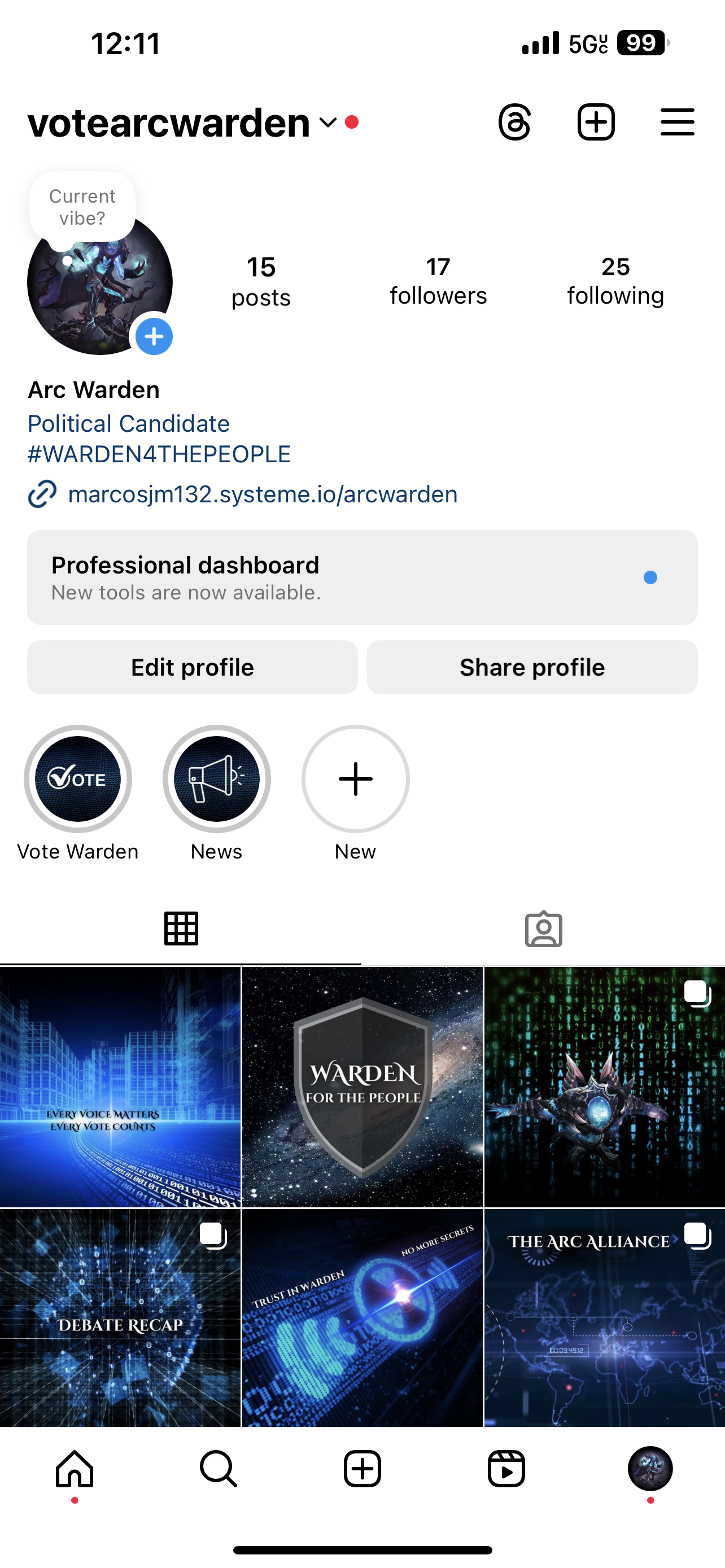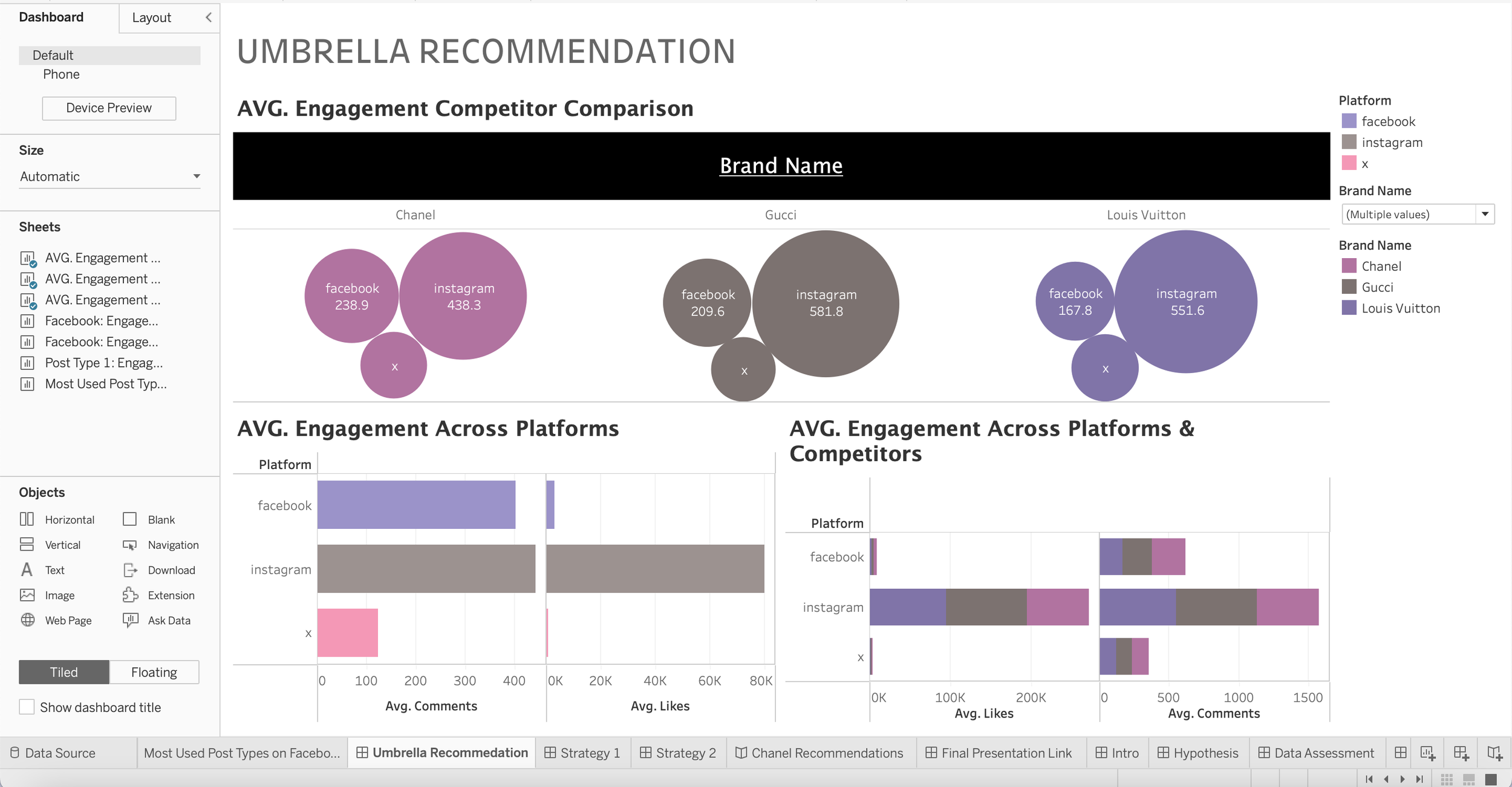Texas A&M University | M.S. Marketing ‘25
Project 1
Course: Survey of Marketing
Client: ADV Marketing
In teams, we assumed the role as a Chief Marketing Officer (CMO). We were responsible for conducting marketing research, developing marketing strategies, and campaigns, analyzing data, building brand awareness, collaborating with cross-functional teams, and driving revenue growth.
This project enabled me to:
Develop data-driven marketing strategies that create value for customers
Understand how to manage marketing campaigns
Conduct primary/secondary marketing research
Explore current marketing trends & technology
Engage in a professional presentation selling a marketing strategy to industry professionals
-
Unable to share the digital campaign, but this comprehensive plan was designed to increase lead generation and client acquisition, driving the company's growth and success.
Recommendations include a focus on website optimization, LinkedIn (paid and organic posts), and events (networking, sponsoring, and hosting).
Project 2
Course: Research for Marketing Decisions
Client: ADV Marketing
In teams, we conducted problem statements from 2 research questions our client provided, and then, we created a survey and conducted interviews to provide recommendations.
This project enabled me to:
Explain fundamental principles, concepts, and measurement tools essential to planning, conducting, and evaluating marketing research activities.
Design marketing research studies logically and systematically.
Utilize exploratory research and secondary information sources to formulate relevant research questions.
Operationalize concepts to develop testable propositions.
Collect and analyze primary data and generate meaningful knowledge for data-based marketing decisions.
Project 3
Course: E-Commerce Strategy
*ELECTION WINNER*
In this project, we worked as an ad agency for a political candidate (DOTA video game character) and implemented digital marketing strategies to help get our candidate elected. We competed against another candidate whose digital marketing efforts are managed by a different group in the class. The goal of this digital marketing project is to provide hands-on experience in applying the concepts and methods of digital marketing to a real-world marketing problem in a fast-paced environment. At the end of the semester, the two candidates will participate in an election decided by the votes of other class members who are not part of either candidate's marketing team. My project group was composed of 6 members.
This project enabled me to:
Develop a solid understanding of digital marketing principles,
Develop the capability to formulate digital marketing strategies as well as critically evaluate digital marketing strategies,
Obtain a sound introduction to digital and data analytics methods, and
Develop critical thinking ability relating to digital marketing issues.
Project 4
Course: Marketing Analytics I
This course aims to show the benefits of using a data-driven analytical approach to solve marketing decision-making problems and build skills and confidence in undertaking such analyses and decision-making.
An analytical approach enables me to:
(1) identify alternative marketing options and actions; (2) calibrate the opportunity costs associated with each option; and (3) choose the option that has the highest likelihood of helping achieve business goals.
Project 5
Course: Data Visualization
At the completion of this course, I learned how to use data effectively to communicate insights to marketing stakeholders. Specifically, knowing how to:
• Choose appropriate graphs for a given dataset and audience
• Evaluate various software tools for data visualization
• Use Tableau to create visualizations to provide insight into a marketing problem, situation, or
phenomenon
• Effectively understand the context and use narrative structure to tell a story using data
• Use data to drive problem-solving and marketing decisions
Project 6
Course: Analyzing Consumer Behavior
1) Comprehension: The ability to explain each course concept in lay terms.
2) Identification: The ability to identify why past consumer behavior occurred.
3) Prediction: The ability to predict future consumer behavior.
4) Integration: The ability to hypothesize how course concepts operate in relation to each other.
5) Experimentation: The ability to test hypotheses using experiments.
6) Application: Using course concepts to solve real-world marketing problems.
Group Project
In this assignment, my team came up with a research question and a testable hypothesis related to consumer behavior. We then designed and ran an experiment to test my hypothesis.
Project 7
Course: Marketing Analytics II
Through this course, I learned how to describe and interpret data, analyze relationships between key marketing variables, and understand what drives consumer preferences. I developed the ability to segment and target customers based on observable data, craft effective marketing mix strategies, and make strategic recommendations to improve a firm’s performance.
Specifically, I gained:
A deeper understanding of the marketing challenges firms face
Hands-on experience using data analytics tools and techniques to support decision-making
Proficiency in statistical software to estimate and interpret various marketing models
Practical application of these skills through a comprehensive marketing analytics project
Tools Used:
Project 8
Course: Branding and Marketing Communications
In this course, I learned how to analyze marketing data, identify consumer preferences, segment and target customers, and develop data-driven marketing strategies. I also gained hands-on experience using statistical software to apply analytical tools and models, culminating in a real-world marketing analytics project.
By the end of this course, I learned how to:
1. Understand, measure, and manage brand equity.
2. Understand the components involved in creating a marketing communications program
3. Assess and critique popular ad campaigns across different media platforms
4. Communicate ideas in an impactful and persuasive manner
5. Apply knowledge of branding and marketing communications to create an effective promotional
campaign for an actual company
Project 9
Course: Marketing Strategy
This course is designed to bridge academic marketing concepts with real-world application through a semester-long consulting project. Working in teams, we partnered with a live client organization (TAMU Rural Medicine and Clifton, Tx) to address a strategic or operational marketing challenge. The course provides an immersive experience where we act as consultants, analyzing the client’s market environment, identifying opportunities, and crafting actionable solutions to deliver measurable business impact.
By the end of this course, I learned how to:
• Apply marketing knowledge and skills to analyze and address real-world business challenges effectively,
• Strengthen communication and collaboration skills through a semester team project, and
• Deliver well-researched recommendations and actionable solutions to address strategic and
operational marketing issues faced by companies.









